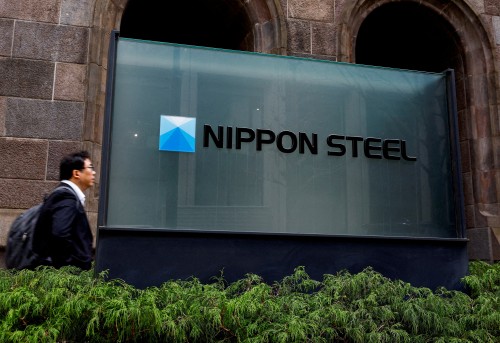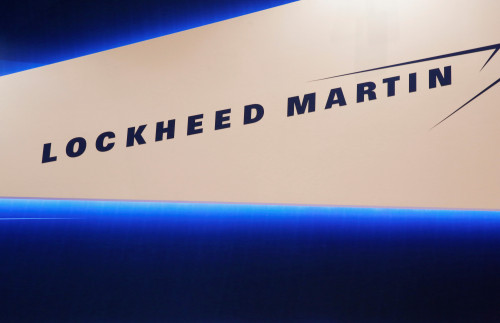By Yuka Obayashi, Katya Golubkova and Ritsuko Shimizu
TOKYO (Reuters) – Japan’s Nippon Steel is committed to its $15 billion acquisition of U.S. Steel and is confident of completing it by year-end, a senior executive said, despite strong U.S. opposition including from President-elect Donald Trump.
“We will not give up on the deal… There is no global strategy without the U.S.,” Nippon Steel Vice Chairman Takahiro Mori told Reuters this week, after returning from his eighth visit to the United States since the deal was announced a year ago.
With U.S. Steel, Nippon Steel aims to raise its global steel production capacity to 85 million metric tons per year from 65 million tons now and the asset is core to its goal of lifting production capacity to more than 100 million tons in the long-term.
The transaction has faced stiff resistance from politicians and the United Steelworkers (USW), a major labour group. Trump reiterated his opposition to the deal this week.
Asked whether U.S. Steel’s CEO David Burritt would remain in place, Mori said Nippon Steel would select the right person as CEO from various candidates, including Burritt, but no decisions had been made.
Mori, who has been leading the talks, held discussions with politicians and local stakeholders in Pittsburgh, where U.S. Steel has its headquarters, during his latest U.S. trip, but did not meet members of the incoming Trump administration.
He declined to comment on whether he had met USW President David McCall during the visit.
“We sensed growing support from the local community,” Mori said, noting that discussions had shifted to more substantive issues, such as the project’s intrinsic value, since the conclusion of the U.S. presidential election.
“We are close to 100% confident of closing the deal by the end of the year,” he said.
Nippon Steel, the world’s No.4 steelmaker, has obtained all necessary regulatory approvals outside the U.S., and is awaiting reviews from the Committee on Foreign Investment in the United States (CFIUS) and clearance from the U.S. Department of Justice (DOJ) under antitrust laws.
The Japanese steelmaker has promised not to transfer any U.S. Steel production capacity or jobs outside the United States. It has also said it would not interfere in any of U.S. Steel’s decisions on trade matters, including decisions to pursue trade measures under U.S. law against unfair trade practices.
Trump returns to the White House on Jan. 20, though President Joe Biden has also said U.S. Steel should remain an American-owned company.
FINANCING OPTIONS
The CFIUS is due to deliver its decision this month. The committee could approve the deal – potentially with provisions to address national security concerns – or recommend that the president blocks it. It can also extend the review period.
If approval from U.S. authorities is not granted, the Japanese company is open to pursuing all possible measures, including legal action, to secure the deal, Mori said.
To finance the acquisition, Nippon Steel has already raised some funds via hybrid financing and sold some assets, part of an effort to strengthen its financial position.
“We have a number of options for permanent financing, including capital increase. We will select the most appropriate financial tools,” Mori said.
In case the company decides to pursue a secondary share issue, it will not make a significant dilution for the current shareholders, he added.
The deal is being closely watched in Japan, a close U.S. ally and its biggest foreign investor. Last month, Japanese Prime Minister Shigeru Ishiba sent a letter to Biden, urging him to approve the acquisition.
Mori said the company did not request the letter but acknowledged its significance.
“It’s important to note that the Japanese government is strongly supporting this deal and closely monitoring the proper procedures. I am very grateful for that.”
(Reporting by Yuka Obayashi, Katya Golubkova and Ritsuko Shimizu; Editing by Kate Mayberry)




